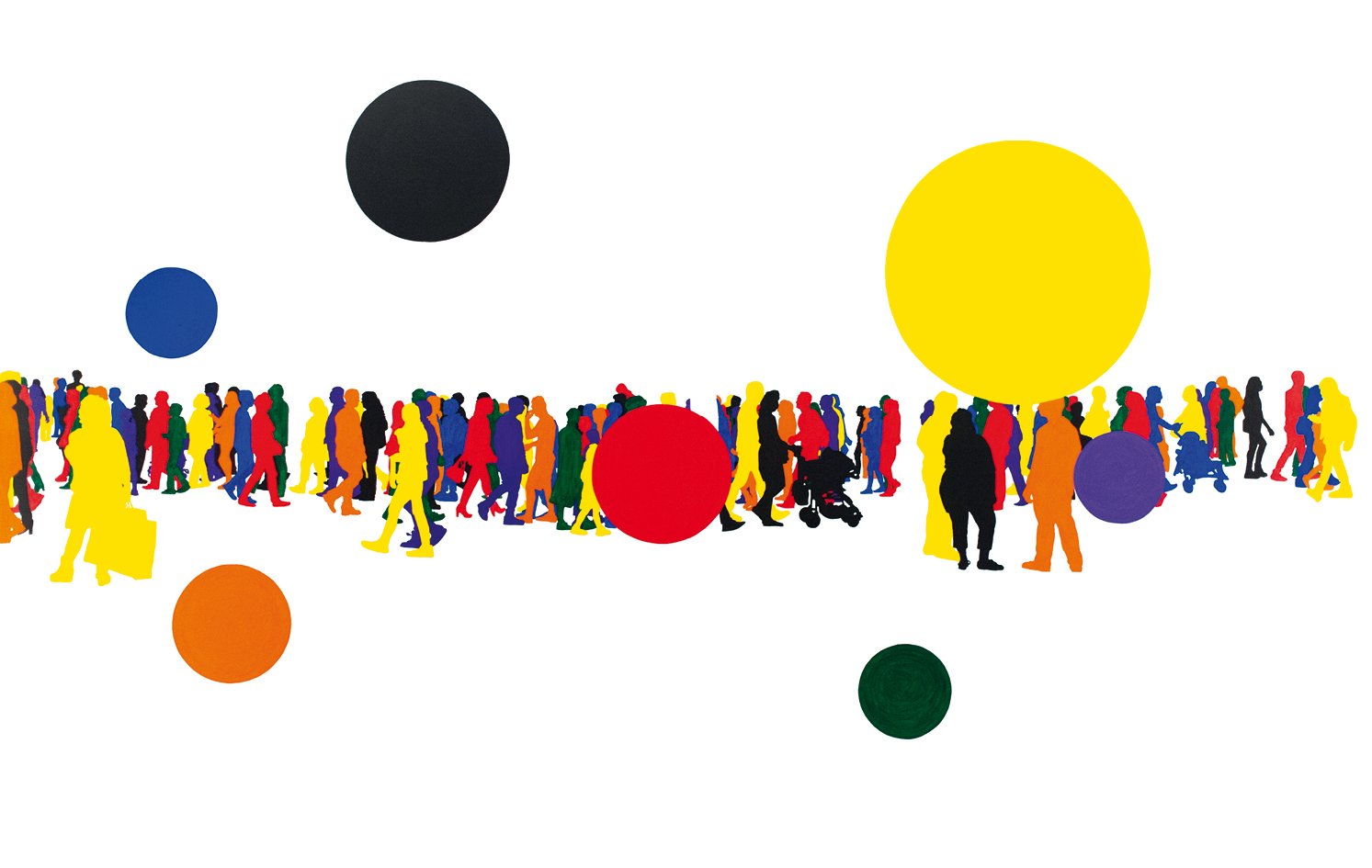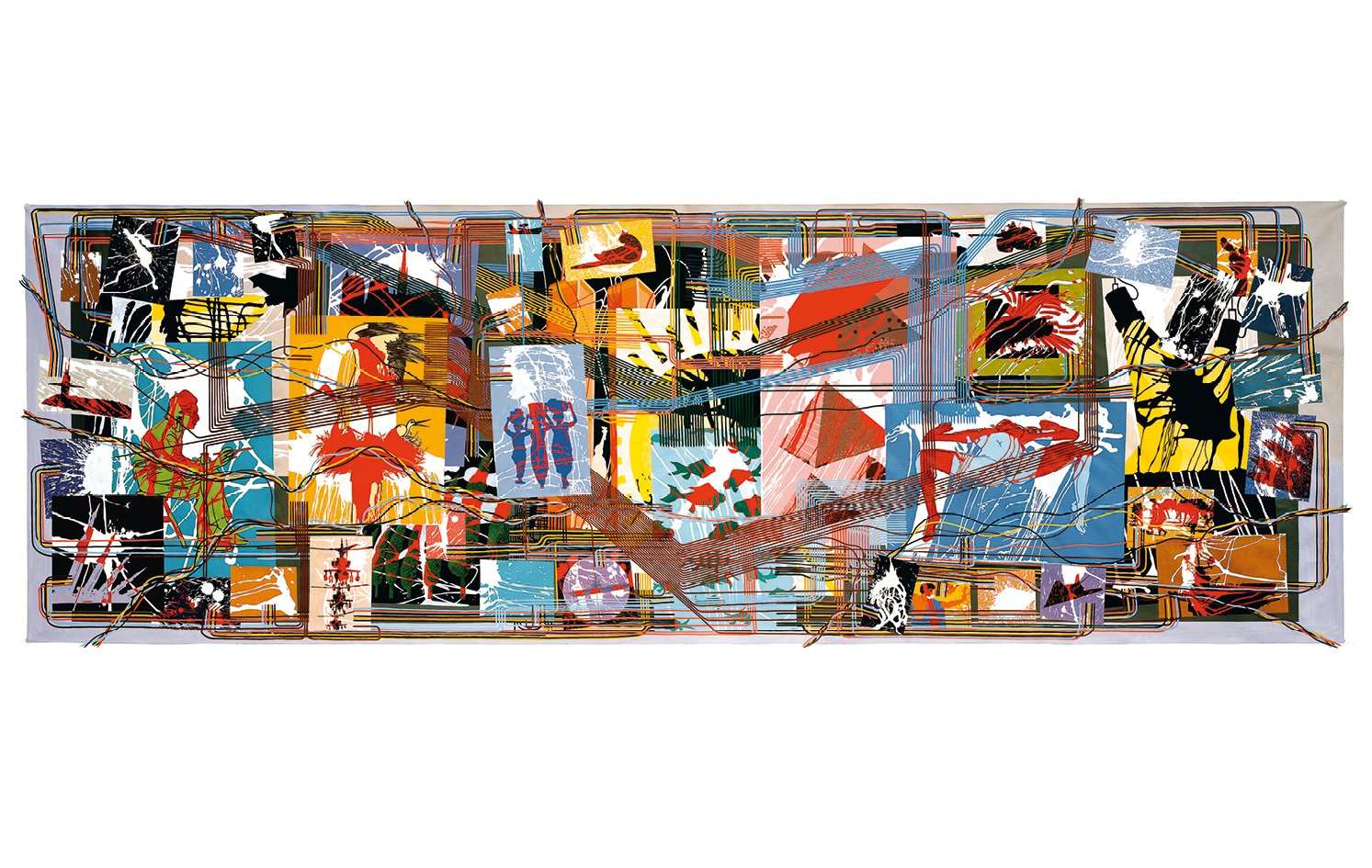Arafat Sadallah
Un trait de mémoire, par Nidhal Chamekh
Le temps à l’œuvre du dépliement Une œuvre d’art et un soulèvement politique ont ceci de commun qu’ils révèlent le déploiement d’une vérité historique. Ils ouvrent à chaque fois, unique, un espace et un temps où adviennent, en un clin d’œil, toutes les possibilités du monde : où les choses et les êtres parlants acquièrent une … Continuer la lecture de Arafat Sadallah
Un trait de mémoire →
Luttes territoriales contre infrastructures énergétiques, par Jean-Baptiste Vidalou
Aujourd’hui, la question énergétique est dans toutes les bouches. Du matin au soir, journalistes, politiciens, ONG se gargarisent de « transition », « de plan de financement pour la troisième révolution industrielle », « d’électricité verte », de « Green New Deal ». Discours qui paraissent salutaires, mais qui servent la soupe quotidienne des grands … Continuer la lecture de Luttes territoriales contre infrastructures énergétiques →
L’hétérogènese différentielle
Formes en devenir entre mathématiques, philosophie et politique, par Alessandro Sarti et Igor Pelgreffi
Le désir est partout – Consulter les oeuvres de Gérard Fromanger, par Michèle Collin et Gérard Fromanger
Entretien avec Laurent Greilsamer : Fromanger, Foucault & Guattari, par Laurent Greilsamer
Tout au long de l’année 2017, Gérard Fromanger a accepté de répondre aux questions de Laurent Greilsamer. Ces conversations très libres sur la peinture et la vie d’artiste sont publiées in Fromanger De toutes les couleurs, éditions Gallimard – collection Témoins de l’art. Gérard y évoque largement ses liens avec Jacques Prévert, Giacometti, César, Jean-Luc … Continuer la lecture de Entretien avec Laurent Greilsamer : Fromanger, Foucault & Guattari →



